Kolkata, Dec 09 (V7N)- West Bengal Chief Minister Mamata Banerjee has strongly responded to provocative remarks made by a former Bangladesh military officer and BNP leader Ruhul Kabir Rizvi regarding Bengal. Speaking in the state Assembly on Monday, Banerjee criticized claims of capturing Bengal, Bihar, and Odisha, emphasizing the state's readiness to defend itself and promote harmony.
In a video, the former Bangladeshi military officer suggested that Kolkata could be captured in four days, while BNP leader Rizvi accused India of communal aggression, threatening to claim Indian territories. Countering these remarks, Mamata Banerjee declared, “You don't have that power, and there is no reason to think we will sit idle. We are quite active and have enough patience. We will protect everyone.”
Banerjee also expressed sadness over attacks on minorities in Bangladesh, reiterating her commitment to peace and inclusivity. She said, “We are from Akhand Bharat (undivided India). We have no connection with the politics of Bangladesh.”
On India’s response to the situation, the Chief Minister noted that the central government was monitoring developments. “Our policy is to follow India’s foreign policy. The Foreign Secretary is currently in Bangladesh; let’s see what happens,” she added.
Warning Against Escalation
Mamata Banerjee advised party MLAs and citizens to avoid making inflammatory comments about Bangladesh, warning against actions that could worsen the situation. “Hindus don’t riot, Muslims don’t riot, but some anti-social elements do,” she said, urging unity and social harmony.
Criticism of Media and Political Opportunism
Indirectly targeting the BJP, Banerjee criticized sections of the media for spreading misinformation and creating divisions. She called on them to act responsibly, warning against the circulation of fake videos and divisive narratives. “This is not Uttar Pradesh, where I will ban you. But I appeal to you to act appropriately,” she remarked.
Mamata Banerjee’s remarks highlight her focus on maintaining peace and addressing issues with diplomacy, reflecting her stance against both external provocations and internal polarizing narratives.
END/MSS/AJ



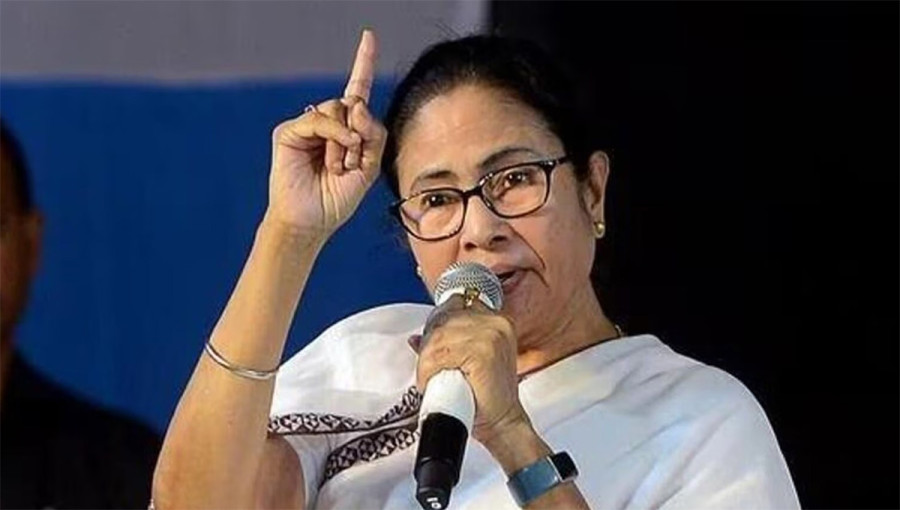
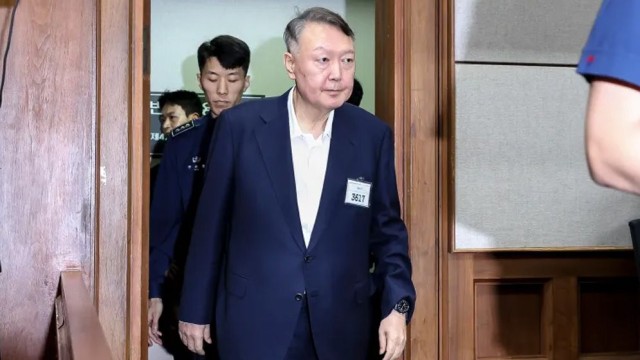

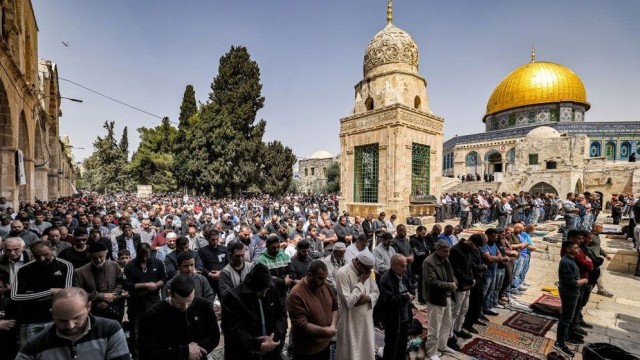


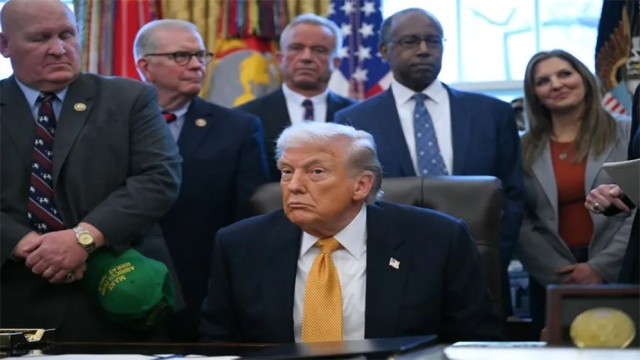
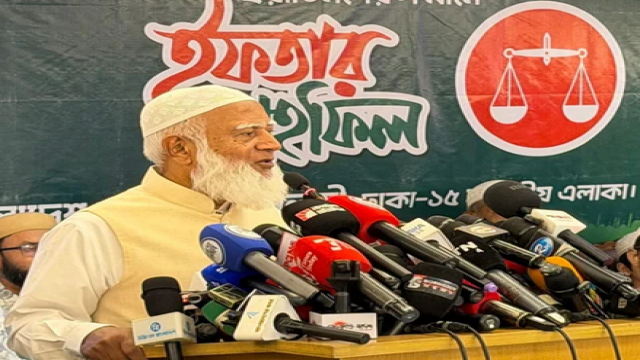
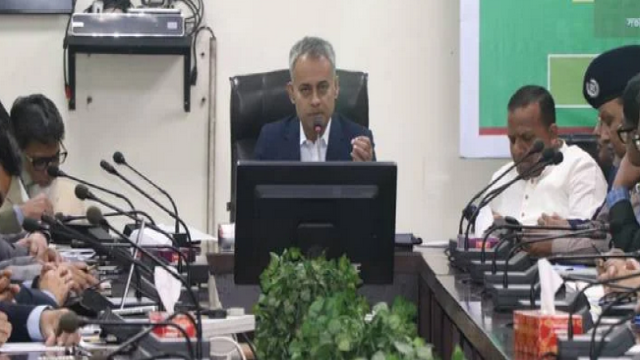


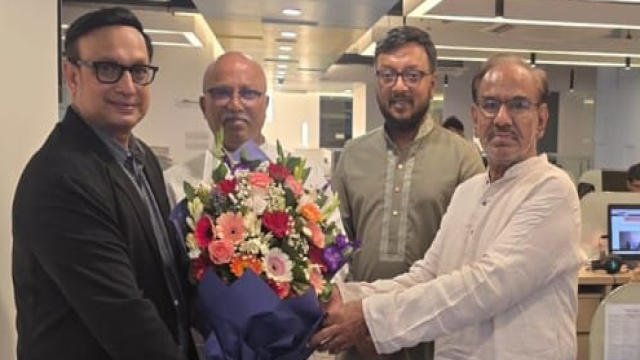

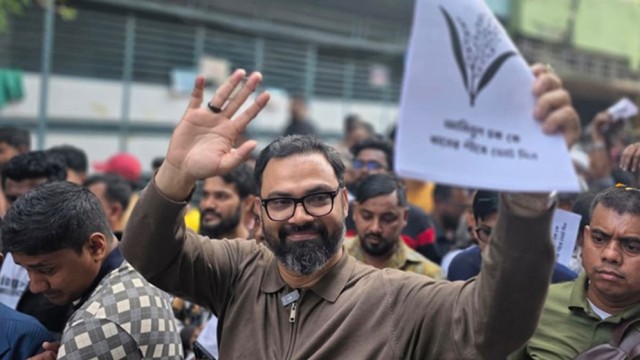

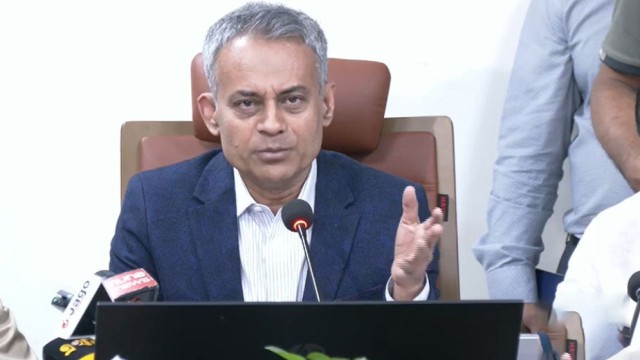











Comment: